State and Development in Post-Independent Africa By Samuel Oloruntoba
Is the State still relevant for development in contemporary Africa? There have been several scholarly efforts geared toward understanding the role of the State in facilitating socio-economic development in Africa. While some see the State as a benevolent political authority which possesses the necessary mandate and responsibility to advance development, others see it as an area for personal accumulation and rent sharing. Indeed, there have been mixed results on the activities of the State and economic development in Africa over the past five decades of gaining political independence. This book contributes to the debates on the domestic and external forces that have continued to shape the role of the State in fostering socio-economic and political development in post-independent Africa. Contributors to this volume went beyond diagnosis of the challenges facing the continent to proffering solution and charting alternative strategies for achieving inclusive development. Samuel Ojo Oloruntoba, PhD is a Senior Lecturer at the Thabo Mbeki African Leadership Institute, University of South Africa. He is co-editor with Toyin Falola of the Palgrave Handbook of African Politics, Governance and Development, Palgrave Macmillan, New York, 2018. Professor Vusi Gumede, a former Associate Professor at the University of Johannesburg, is the Head of Thabo Mbeki African Leadership Institute at the University of South Africa researching and publishing in the political economy of development in Africa.
$15.99
Based on 0 reviews
Only logged in customers who have purchased this product may leave a review.
You may also like…
-
Books, Books & Games, Literature
Wole Soyinka Politics, Poetics, and Postcolonialism
Biodun Jeyifo examines the relationship between the innovative and influential writings of Wole Soyinka and his radical political activism. Jeyifo analyzes Soyinka’s most ambitious works, relating them to the controversies generated by his appropriation of literature and theater for radical political objectives. The evaluations of this study are presented in the context of Soyinka’s sustained engagement with the collective experience of violence in post-independence, post-colonial Africa.
Sheds light on the literary career of Wole Soyinka as it intersects with politics and collective identities in the developing world
Investigates Soyinka’s ambiguous relationship to forms of avant-garde representation in the twentieth century
Will be of interest to African literature scholars as well as scholars of politics and literatureSKU: n/a -
Books, Books & Games, Politics & Development
Africa since 1940: The Past of the Present (New Approaches to African History) By Frederick Cooper
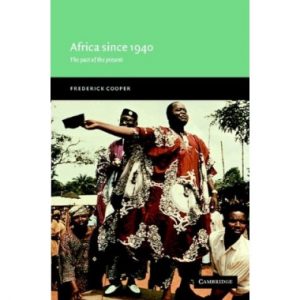 Books, Books & Games, Politics & Development
Books, Books & Games, Politics & DevelopmentAfrica since 1940: The Past of the Present (New Approaches to African History) By Frederick Cooper
Frederick Cooper’s latest book on the history of decolonization and independence in Africa initiates a new textbook series: New Approaches to African History. This text will help students understand the historical process out of which Africa’s current position in the world has emerged. Bridging the divide between colonial and post-colonial history, it allows readers to see just what political independence did and did not signify and how men and women, peasants and workers, religious leaders and local leaders sought to refashion the way they lived, worked, and interacted with each other.
SKU: n/a -
Books, Books & Games, Politics & Development
Africa and Its Diaspora: History, Identities and Economy By Samuel Oloruntoba
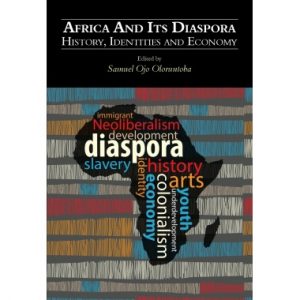 Books, Books & Games, Politics & Development
Books, Books & Games, Politics & DevelopmentAfrica and Its Diaspora: History, Identities and Economy By Samuel Oloruntoba
This book provides important aspects of African diasporic experiences, covering the mass movement of Africans to Asia, Europe, and United States of America, the resistance to the epistemic violence caused by slavery and slave revolts, and the survival of African culture in the Diaspora. The book also explores the role of arts in fostering development as well as the influence of slavery and religion on Africans. Given the contradictions that continue to define African experiences in the global capitalist system, the book offers some alternative points of departure. Samuel Ojo Oloruntoba is a Senior Lecturer and the Coordinator of the Research cluster on Innovation and Developmental Regionalism at the Thabo Mbeki African Leadership Institute, University of South Africa, Pretoria, South Africa. He obtained his PhD in Political Science with specialization in International Political Economy of Trade from the University of Lagos, Nigeria, where he is a tenured Faculty member. Oloruntoba is the author of Regionalism and Integration in Africa: EU-ACP Economic Partnership Agreements and Euro-Nigeria Relations, and co-editor of Regenerating Africa: Bringing African Solutions to African Problems and the forthcoming Palgrave Handbook on African Politics, Governance and Development. Oloruntoba received the 2016 Wangari Maathai Award for Innovative Research Leadership at the University of Texas in Austin.
SKU: n/a

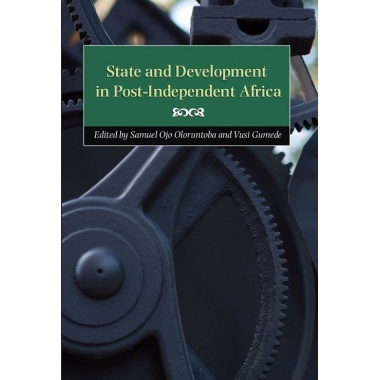
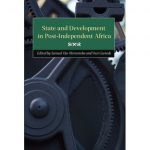

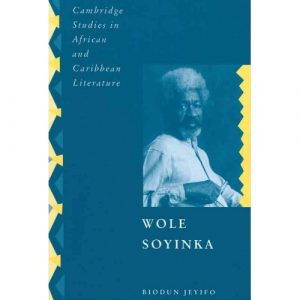


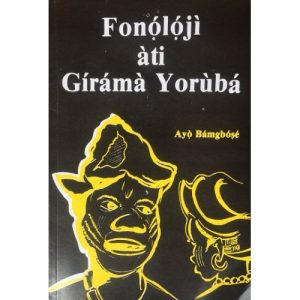
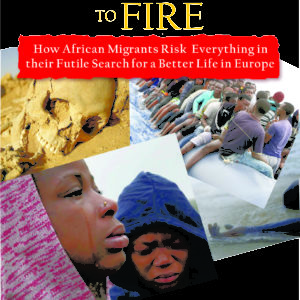
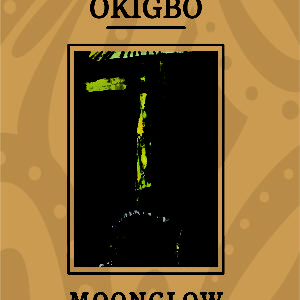
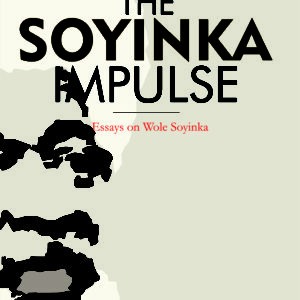
There are no reviews yet.